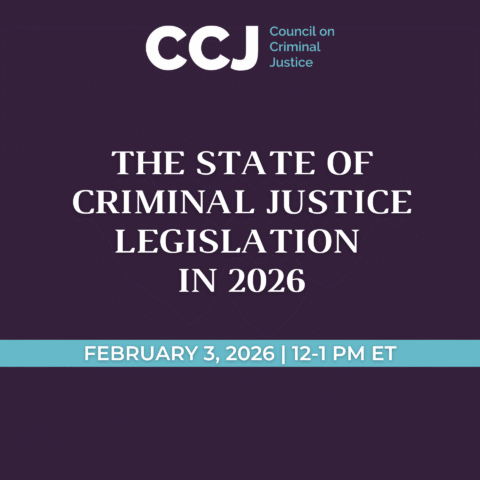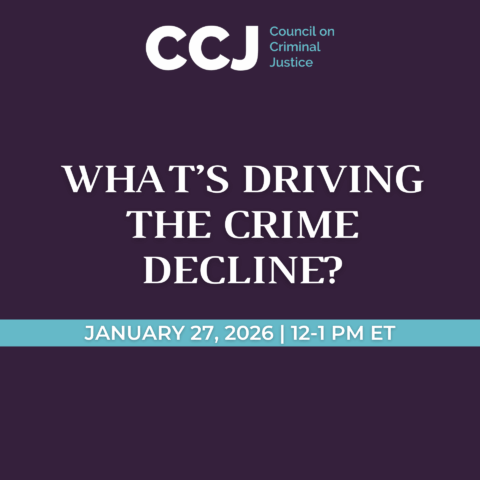At CCJ’s Task Force on Long Sentences’ fourth meeting (May 11, 2022), members examined how legislatures have shaped the nation’s use of long sentences. Task Force Director John Maki provided an overview of the significant diversity that characterizes our nation’s sentencing systems, the primary statutory mechanism that legislatures have used to increase prison sentences and time served requirements, and social science findings about what drives policymakers to enact long sentences legislation.
Key Findings from the Presentation
- For much of the 20th century, the U.S. used “traditional” indeterminate sentencing, typically justified by the ideal of rehabilitation (National Research Council, 2014).
- From the 1970s through 1990s, in part in response to a prolonged spike in violent crime, legislatures attempted to take varying degrees of control of the implementation of sentences and time served through limiting or abolishing parole and passing laws that mandated minimum sentences and time served requirements (National Research Council, 2014; Stemen et al, 2006).
- Social psychology finds that punishment decisions tend to be “intuitively made” and “just deserts based” (Darley, 2010).
- Spikes in violent crime rates, media coverage of crime, and appeals to punitive policies have historically mobilized voters, including Black communities and leaders (Picket, 2019; Forman, 2012).
- Consideration of individualized fairness and procedural justice can moderate intuitive punitiveness (Darley, 2010).




